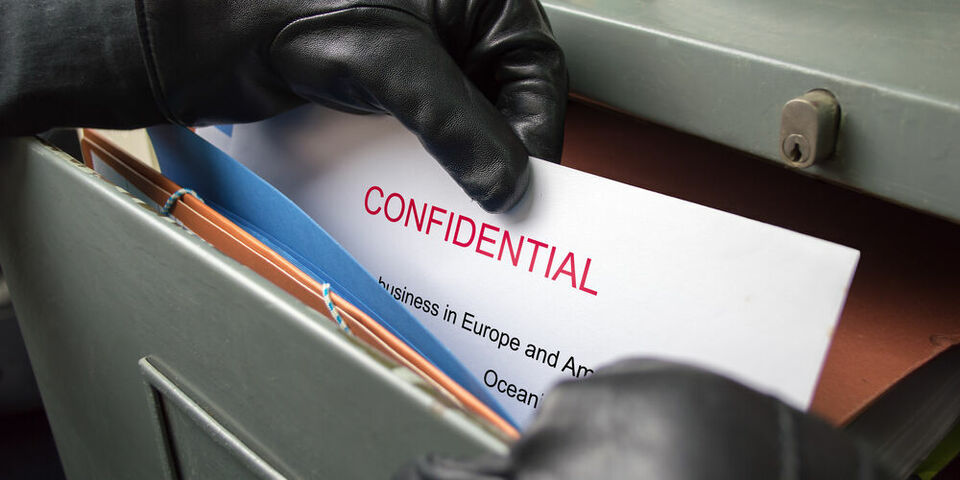House demands tighter control on knowledge security
The House of Representatives wants educational institutions to be more critical when it comes to analysing their knowledge security. It did not go so far as to adopt a motion to ban Chinese students and researchers from all ‘sensitive’ knowledge domains.
There’s a growing fear in The Hague that malicious foreign powers might be misusing Dutch scientific knowledge. The concerns mainly centre around China, especially after revelations about indirect ties between Delft University of Technology and the Chinese military and a dubious Chinese-funded human rights centre at VU Amsterdam.
In February, Minister of Education Robbert Dijkgraaf ordered higher education institutions’ supervisory boards to check whether binding agreements about knowledge security were actually being complied with.
In June, he tightened the reins a bit: compliance was to be externally monitored, and national guidelines would be introduced for the assessment of foreign scientists seeking to enter ‘high-risk’ fields, related to nuclear technology, for example.
More critical
But VVD MP Hatte van der Woude feared that not all education administrators were sufficiently aware of the importance of knowledge security. Two weeks ago, together with CDA MP Harry van der Molen, she asked Minister Dijkgraaf to have institutions conduct more critical analyses, and to have these properly audited by external parties. The motion was passed almost unanimously on Tuesday afternoon.
A motion submitted by Forum voor Democratie to ban Chinese students and researchers from all ‘sensitive’ knowledge domains did not make it out of the House. Only PVV, SGP, Fractie Den Haan and BBB voted in favour.


Discussion